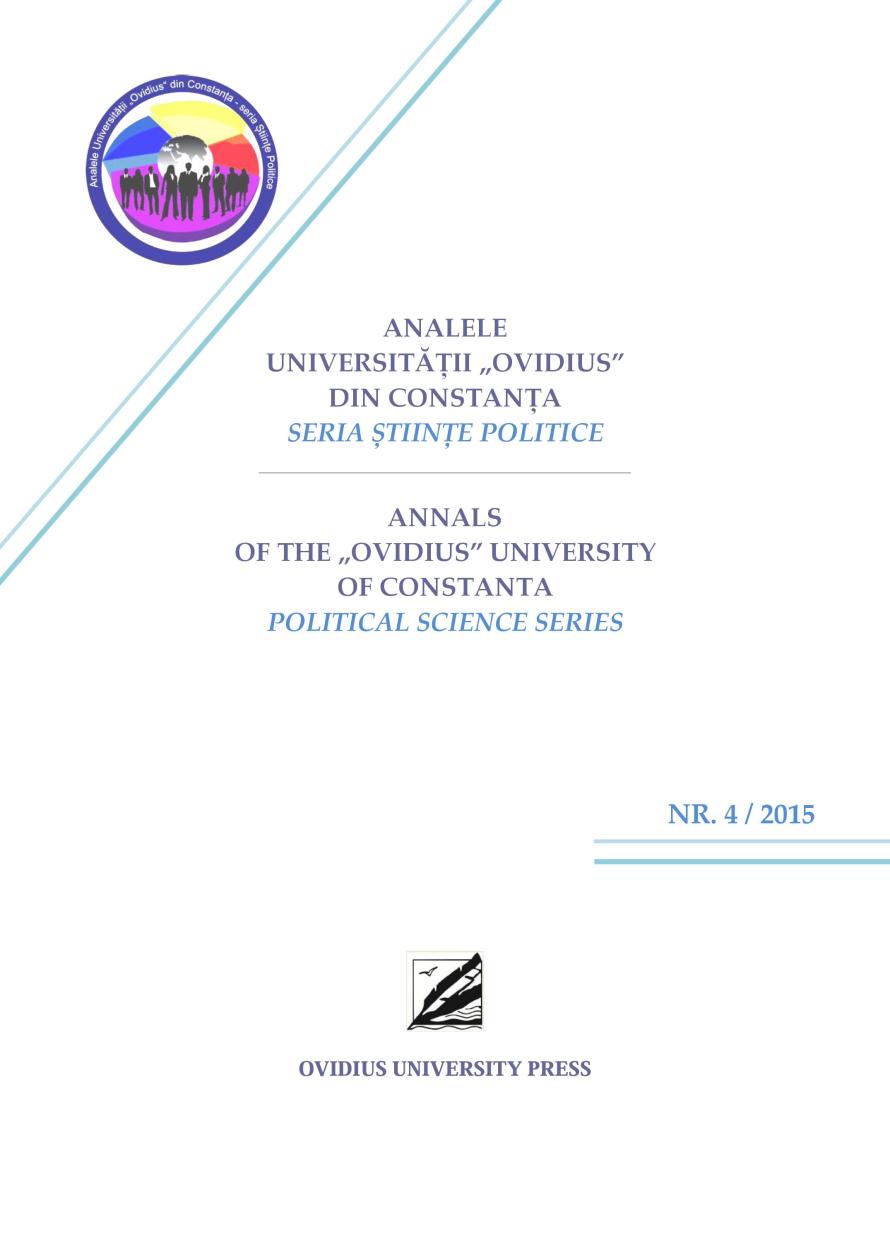Political Culture and Online Mass Communication: Realities, Interdependencies, Perspectives
Political Culture and Online Mass Communication: Realities, Interdependencies, Perspectives
Author(s): Alexandru Ionuţ DrăgulinSubject(s): Politics / Political Sciences, Politics, Political Sciences, Civil Society, Governance
Published by: Ovidius University Press
Keywords: democratic culture; emerging democracy; online mass communication; political reforms; social participation
Summary/Abstract: This article examines the relationships between the Romanians’ political culture after the fall of the communist regime and the expansion of social networks as a main instrument of communication and sharing political views. It is well known that a large majority of political researchers pay attention to the evolution and particularities of political culture, but this concept has undergone numerous changes in the current context. Social and political development, economic challenges, globalisation, integration in the European Union are just some of the factors that influenced the political and civic culture in Romania. But in the present paper we consider the online mass communication as the most important social reality and also the decisive factor in the last social movements and demands. Developing a participative political culture is the main key to have a consolidated democracy in which the citizens have their own ways of thinking. In this sense, we hypothesise that the online mass communication, especially through the social networks, plays a consistently role in mobilising the masses. This research brings also into discussion the imperative of a depoliticised society in contemporary Romania. To demonstrate this hypothesis, we used a theoretical apparatus in combination with a range of concrete examples from the Romania’s last years.
Journal: Annals of the Ovidius University of Constanta - Political Science Series
- Issue Year: 4/2015
- Issue No: 1
- Page Range: 129-147
- Page Count: 19
- Language: English

